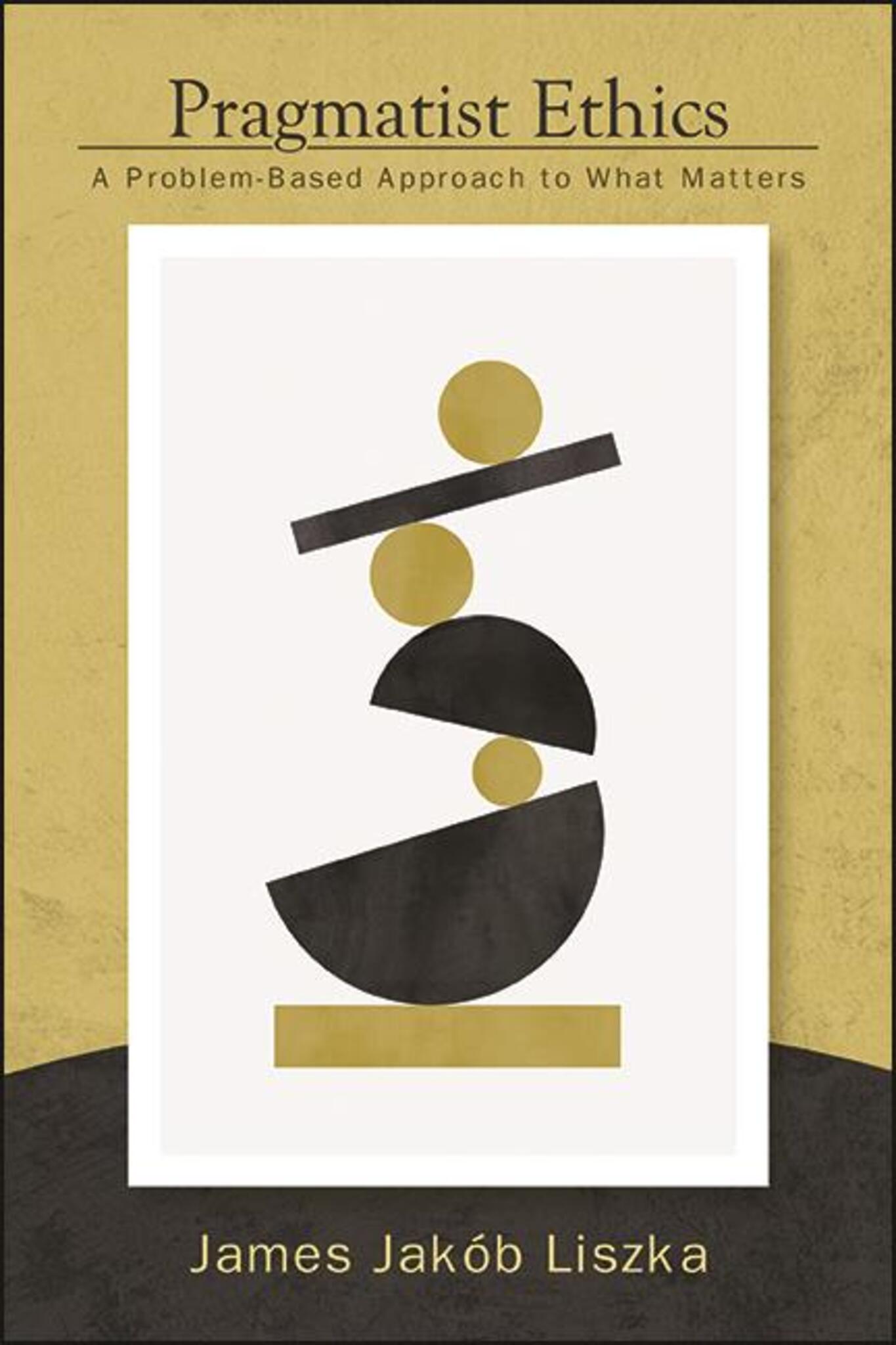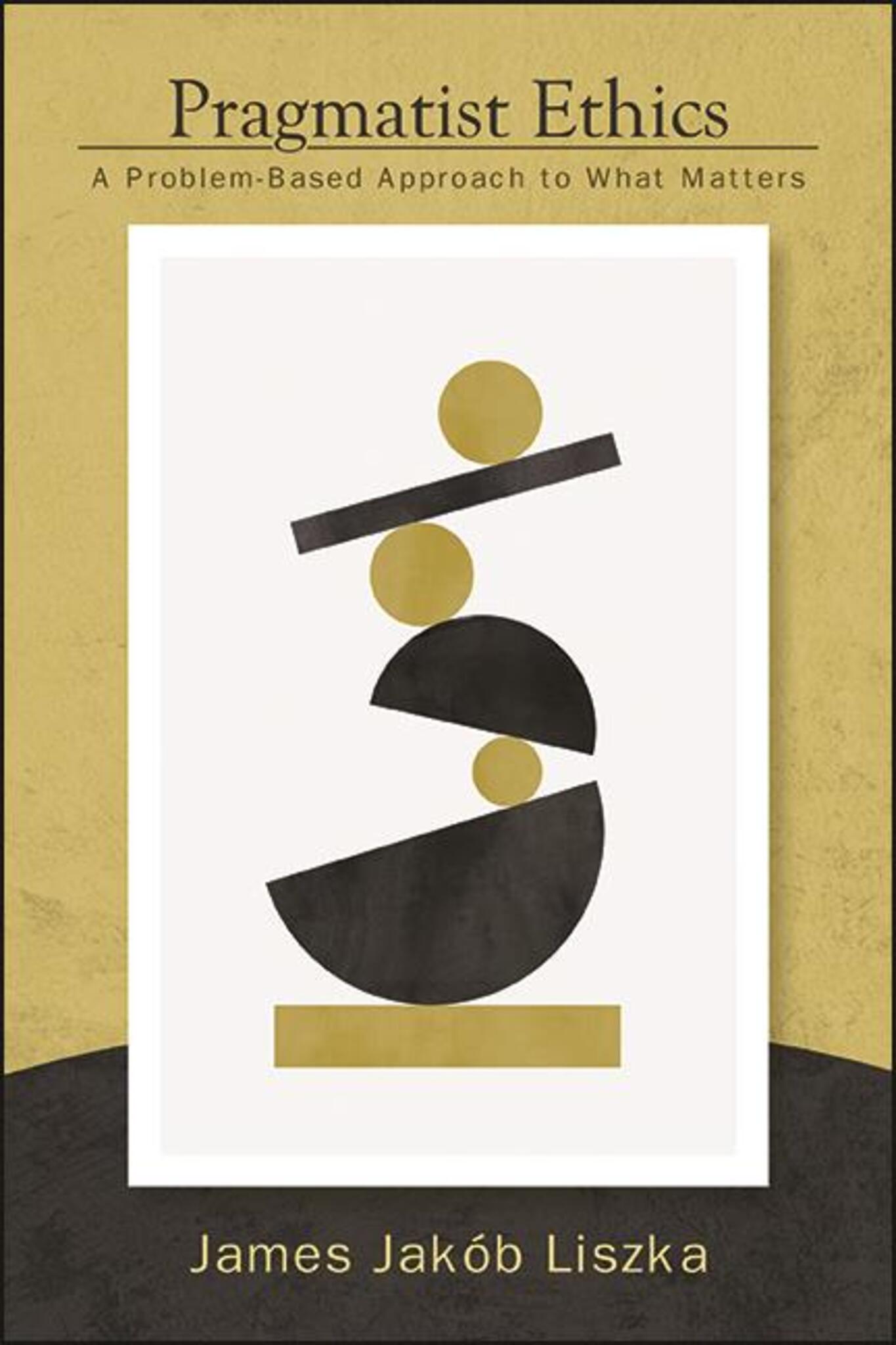We're sorry. An error has occurred
Please cancel or retry.
Pragmatist Ethics

Some error occured while loading the Quick View. Please close the Quick View and try reloading the page.
Couldn't load pickup availability
- Format:
-
02 July 2022

Argues that the path to the good life does not consist in working toward some abstract concept of the good, but rather by ameliorating the problems of the practices and institutions that make up our practical life.
Grounded in American pragmatism, Pragmatist Ethics proposes a rethinking of ethics. Rather than looking to the good-a concept for which consensus is difficult to achieve-pragmatists instead advocate for tending to the problems of the day. James Jakób Liszka examines how daily practices and institutions are originally conceived and then evolve to solve certain problems, and that their failure to do so is the source of most problems. Liszka argues that the ethical goal, therefore, is to improve upon these practices and that the sort of practical reasoning that characterizes practices can be enhanced by a more scientific, empirical approach. But how do we know when changes to practices and institutions are progressive? Problems will plague the best of communities; the better community is the one that succeeds best at solving its problems. Pragmatist Ethics examines various accounts of improvement and progress, concluding that the problem-solving effectiveness of communities is the key to progressive changes.


Acknowledgments
Notes on In-Text Citations
Introduction
1. What's the Good of Goodness?
Plato's Doubts
James's Doubts
The Tragic Sense of Life
Problem-Based Ethics
2. Pragmatism and the Roots of Problem-Based Ethics
The Pragmatic Maxim: Theory to Practice
Truth and Goodness Reconceived
Communities of Inquiry
Democracy as a Community of Inquiry
Scientific Ethics and Experiments of Living
Meliorism: Convergence, Growth, Improvement, Progress
3. Practical Life
Practices
Practices as Solutions to Problems
What Is a Problem?
The Normative Character of Practices
The Normative Governance of Practices
4. Practical Reasoning
The Desire-Belief Model of Moral Motivation
From Practical Reasoning to Practical Knowledge
Problems as Moral Guidance
5. Normative Science
The General and the Particular in Practical Knowledge
Know-How and Know-That
Practical Hypotheses
Normative Naturalism
The Empirical Warrant for Prudential Norms
The Empirical Warrant for Good Ends and Righteous Means
6. Communities of Inquiry
The Ends and Means of Inquiry
The Problem of Epistemarchy
Problems and the Governance of Practices
7. Change for the Better
Progress as Preference for Ways of Life
The Cumulative Theory of Progress
Progress as a Function of Problem-Solving Effectiveness
Moral Progress
Has There Been Progress?
Generalizing Problem-Solving Effectiveness
Conclusion
References
Index



